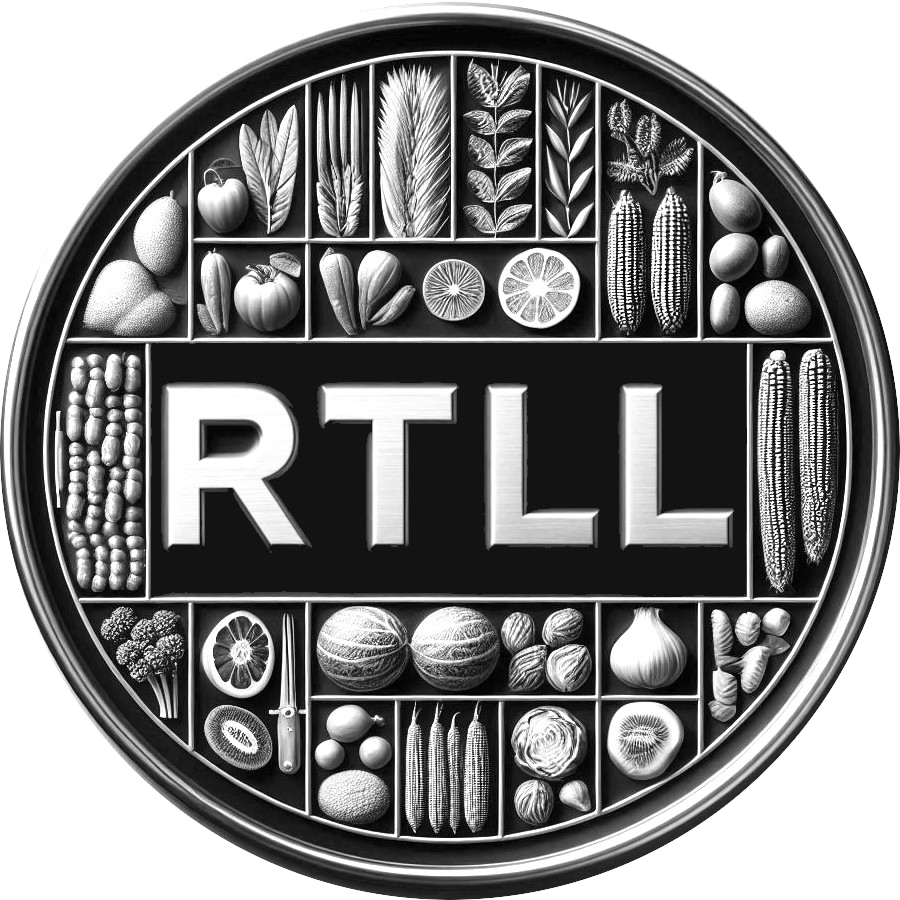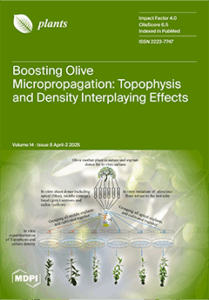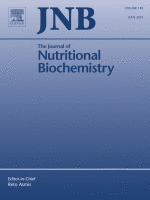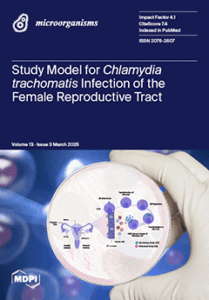Abstract
Neurodegenerative diseases (NDDs) such as Alzheimer’s and Parkinson’s disease are increasing globally and represent a significant cause of age-related death in the population. Recent studies emphasize the strong association between environmental stressors, particularly dietary factors, and brain health and neurodegeneration unsatisfactory outcomes. Despite ongoing efforts, the efficiency of current treatments for NDDs remains wanting. Considering this, nootropic foods with neuroprotective effects are of high interest as part of a possible long-term therapeutic strategy to improve brain health and alleviate NDDs. However, since it is a new and emerging area in food and neuroscience, there is limited information on mechanisms and challenges to consider for this to be a successful intervention. Here, we seek to address these gaps by presenting a comprehensive review of possible pathways or mechanisms including mutual interactions governing nootropic food metabolism, linkages of the pathways with NDDs, intake, and neuroprotective properties of nootropic foods. We also discuss in-depth intervention with nootropic compounds and dietary patterns in NDDs, providing a detailed exploration of their mechanisms of action. Additionally, we analyze the demand, challenges, and future directions for successful development of nootropic foods targeting NDDs.



